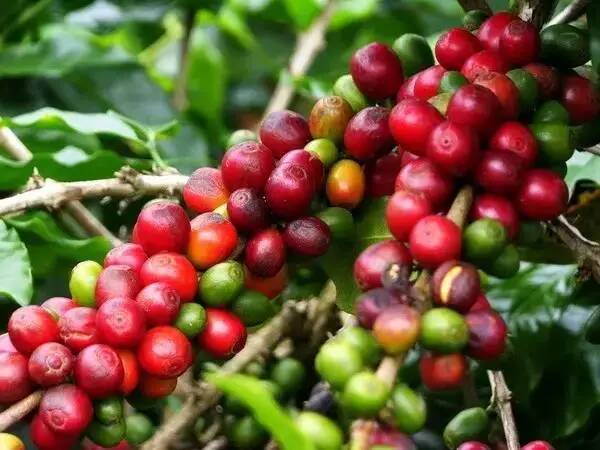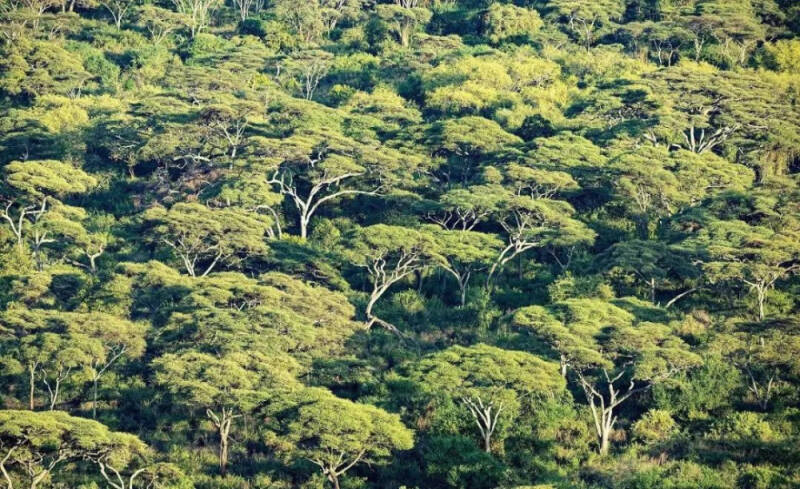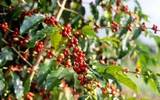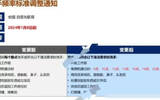Ethiopia launches a $20.8 million coffee land use program to help local coffee and agriculture
Recently, the Ethiopian government, in cooperation with the United Nations Development Programme (UNDP), officially launched a long-term plan to combat deforestation and integrate sustainability into the coffee industry. According to the United Nations Development Programme, the plan is under additional funding from the Global Environment Facility (GEF). The joint project has a budget of US $20.8 million and is scheduled to operate from 2024 to 2031.

The program is called FOLUR (Food system, Land use and recovery). The Food system, Land use and recovery impact Plan is a $345 million seven-year initiative funded by the Global Environment Facility and led by the World Bank. Aimed at transforming food and land use systems, it consists of a global knowledge platform and 27 national projects. Work at the national level will focus on accelerating the distribution and value chain actions of eight major commodities, including livestock, cocoa, coffee, corn, palm oil, rice, soybeans and wheat.

The project is aimed at effectively preventing forest loss, deforestation and promoting restoration and reforestation in Ethiopia. And integrate sustainability into Ethiopia's coffee value chain and food system to provide market support to Ethiopian coffee producers.
At present, the project has formally adopted Ethiopia's integrated land use policy, while seeking to improve the livelihoods of some 440000 people. It is hoped that through the project 10500 hectares of non-productive coffee fields in the territory will be restored and 60000 hectares of key forest land will be restored and managed. The FOLUR project is being implemented in 22 regions in Oromia, Sidamo, central and southwestern Ethiopia.
Earlier, the EU issued the EU deforestation regulations (EUDR), which stipulates that no individual or enterprise can sell products involving deforestation in the EU market, including coffee, cocoa and other products. The regulation will have an adaptation period of 18-24 months and will come into effect by the end of December 2024 at the earliest. Therefore, many importers dare not import coffee rashly. African countries in particular prohibit the sale of goods related to forest destruction because of the law. According to industry sources, the cost of getting African countries to comply with EU deforestation regulations (EUDR) will be significantly higher and more difficult. Therefore, this project aims to help Ethiopian coffee exports comply with EU EUDR regulations and have the support of the market. After all, coffee is Ethiopia's main source of export income, accounting for about 30-35% of exports.
Important Notice :
前街咖啡 FrontStreet Coffee has moved to new addredd:
FrontStreet Coffee Address: 315,Donghua East Road,GuangZhou
Tel:020 38364473
- Prev

Ethiopian Coffee producing area, Guji producing area, Sakui Coffee Development History, Sakui Coffee 7.0 introduction
When it comes to coffee, many people think of Ethiopia, the largest Arabica coffee producer in Africa with a long history. And there are many varieties of coffee. It is estimated that there are 10000 to 15000 varieties of coffee in Ethiopia today, and most of them have not yet been formally inherited.
- Next

Lucky employee: Great! My hand is saved!
▲ Click to follow| Daily boutique coffee culture magazine coffee workshop often says "new year new weather," but for most people, the new year may not have anything new to change it, the work to continue to work, the study to continue to learn, the earth normal turn, the day as usual. However, for lucky friends,
Related
- What grade does Jamaica Blue Mountain No. 1 coffee belong to and how to drink it better? What is the highest grade of Blue Mountain coffee for coffee aristocrats?
- What are the flavor characteristics of the world-famous coffee Blue Mountain No. 1 Golden Mantelin? What are the characteristics of deep-roasted bitter coffee?
- Can I make coffee a second time in an Italian hand-brewed mocha pot? Why can't coffee be brewed several times like tea leaves?
- Hand-brewed coffee flows with a knife and a tornado. How to brew it? What is the proportion of grinding water and water temperature divided into?
- What is the difference between Indonesian Sumatra Mantinin coffee and gold Mantinin? How to distinguish between real and fake golden Mantelin coffee?
- What does bypass mean in coffee? Why can hand-brewed coffee and water make it better?
- Unexpected! Ruixing Telunsu lattes use a smoothie machine to foam milk?!
- % Arabia's first store in Henan opens into the village?! Netizen: Thought it was P's
- Does an authentic standard mocha coffee recipe use chocolate sauce or powder? Mocha Latte/Dirty Coffee/Salty Mocha Coffee Recipe Share!
- What is the difference between Vietnam egg coffee and Norway egg coffee? Hand-brewed single product coffee filter paper filter cloth filter flat solution!

